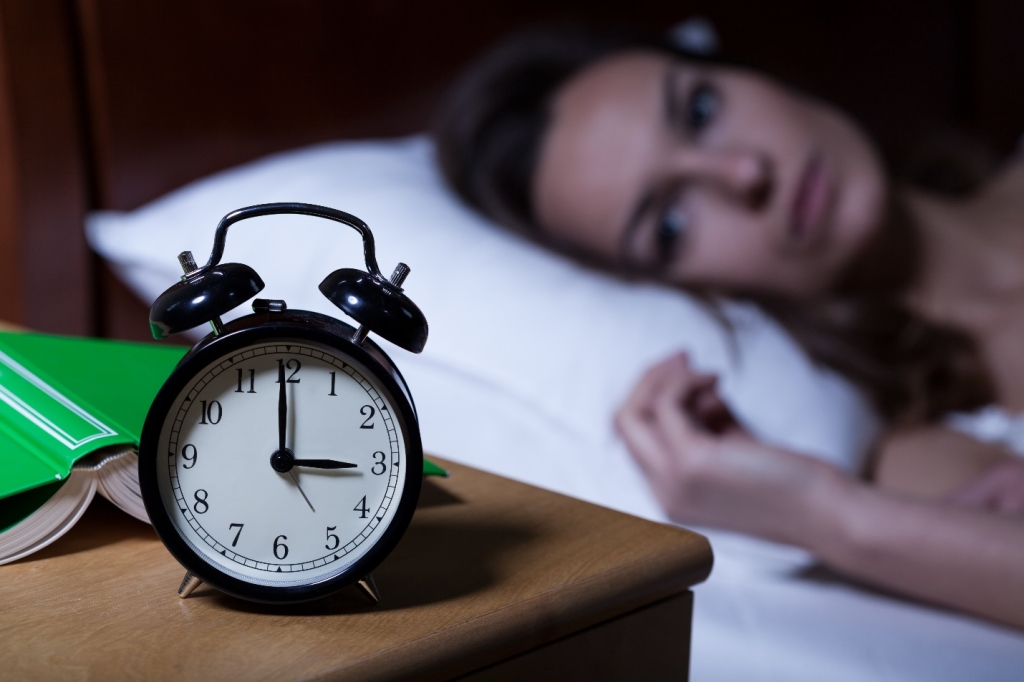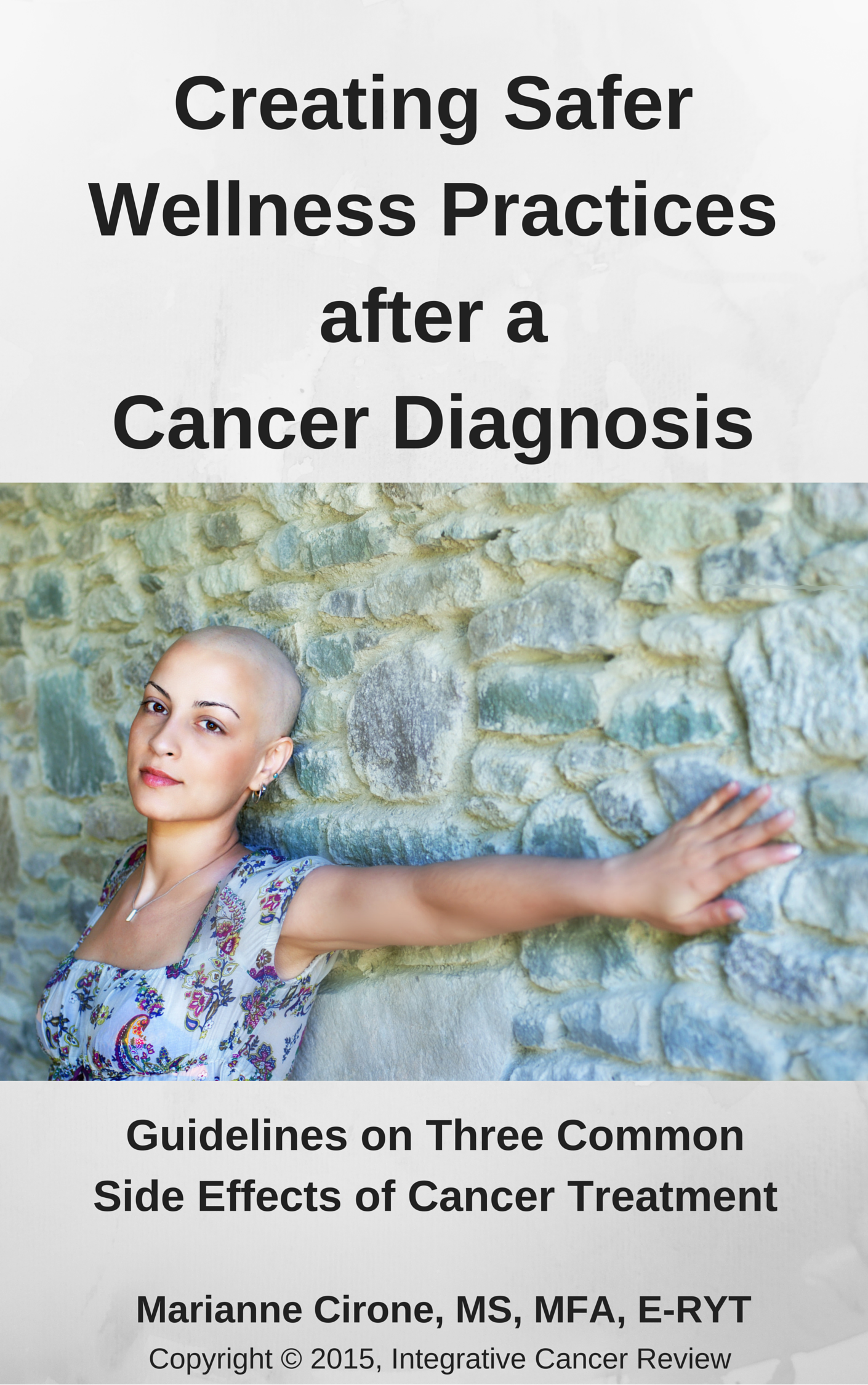
Sleep and Insomnia after Cancer Treatments
“I’m so exhausted, I just can’t sleep.”
“I couldn’t fall asleep until 3 am.”
As a yoga teacher and wellness coordinator at a cancer resource center, I often heard those comments from the participants. In fact, not being able to sleep is one of the most common complaints from people diagnosed with cancer.
Studies show that between 15 to 90% of people who have been diagnosed with cancer have sleep impairments, including waking up too early and difficulty falling or staying asleep.
According to a study published in the Journal of Clinical Sleep Medicine, sleep disruption in 2 to 3 more times more common in cancer patients than in the general population.
Even so, these statistics may not state the severity of the problem. And studies show that while pharmaceuticals may be effective in the general population, the same is not true for patients with cancer. In fact, a 2004 study showed that the use of sleeping pills in patients with cancer has been associated with lower quality of life indices and increased severity of symptoms.
Looking for Answers to the Sleep Problem
Several studies have found both exercise and yoga to benefit cancer patients experiencing insomnia.
In 2013, Karen Mustian, PhD, MPH, published an analysis titled “Yoga as Treatment for Insomnia among Cancer Patients and Survivors: A Systematic Review,” in the European Medical Journal of Oncology.
Mustian, who is an associate professor of Surgery, Cancer, and Radiation Oncology, at the University of Rochester Medical Center (URMC) and a scientist in Wilmot’s Cancer Control and Survivorship program and an expert in oncology exercise and physiology, described the serious extent of the sleep issues:
“Insomnia and sleep quality impairment are among the most prevalent and distressing problems reported by cancer patients and survivors, and can be severe enough to increase cancer mortality.
Despite the ubiquity of insomnia and sleep quality impairment, they are under-diagnosed and under-treated in cancer patients and survivors.”
While pointing out the potential difficulties with pharmaceutical and cognitive behavioral therapies for insomnia, Mustian described the potential benefits of yoga as a therapy that helps improve sleep quality for people diagnosed with cancer.
“Research suggests yoga is a well-tolerated exercise for intervention with promising evidence for its efficacy in improving insomnia and sleep quality impairment among survivors.”
In a 2014 interview with Rochester News 8, Mustian also said, “URMC is an international leader in Cancer Control Research, a branch of study that looks not at treating the cancer itself, but managing and treating all of the toxicities and side effects that develop from the lifesaving treatments for the disease.”
How Does Yoga Help Sleep in Cancer Survivors?
Mustian explained that there are many ways in which yoga can benefit cancer survivors, but that in their prior work, two of the main ways that yoga has shown promise are by:
- Changing circadian rhythms
- Reducing inflammation.
Mustian stated, “Cancer and its treatments tend to cause a chronic inflammatory state, which along with this inflammatory state, comes a host of toxicities and side effects, insomnia being one of them.”
Studies on inflammation and circadian (diurnal cortisol) rhythms in cancer patients have been two areas coming to the forefront in recent years, for a variety of reasons. The impact on sleep is just one of those reasons.
Yoga for Cancer Survivors: Hope for Better Sleep after Cancer Treatment
Mustian and her colleagues received a $3.1 million grant from the National Cancer Institute in 2014 for a large, blinded, multi-center, Phase III clinical trial comparing interventions for three groups of subjects. More than 600 cancer survivors are being sought to participate in this study.
Twice a week, the first group of subjects will practice YOCAS©®, a type of yoga therapy developed at URMC for cancer-related side effects. A second group of subjects will participate in Cognitive Behavioral Therapy (CBT-I), a form of clinical therapy focusing on sleep-related behaviors, which is currently the current gold-standard for insomnia treatment. A third group of subjects will receive standard health education and the results for the three groups will be compared.
In a 2014 University of Rochester Medical Center news release, Mustian shared her outlook for the study results, stating:
“If our study is positive, we’ll have a new, viable treatment for cancer-related insomnia.”
Over the years, many of my yoga students who had gone through cancer treatment commented on how much doing yoga improved their sleep. Those suffering from sleepless nights may have additional evidence suggested the yoga sleep solution in the not too distant future.
As solid studies supporting integrative modalities like yoga continue to be published, cancer care protocols are likely to include these integrative care modalities.
See more on Sleep & Insomnia:










